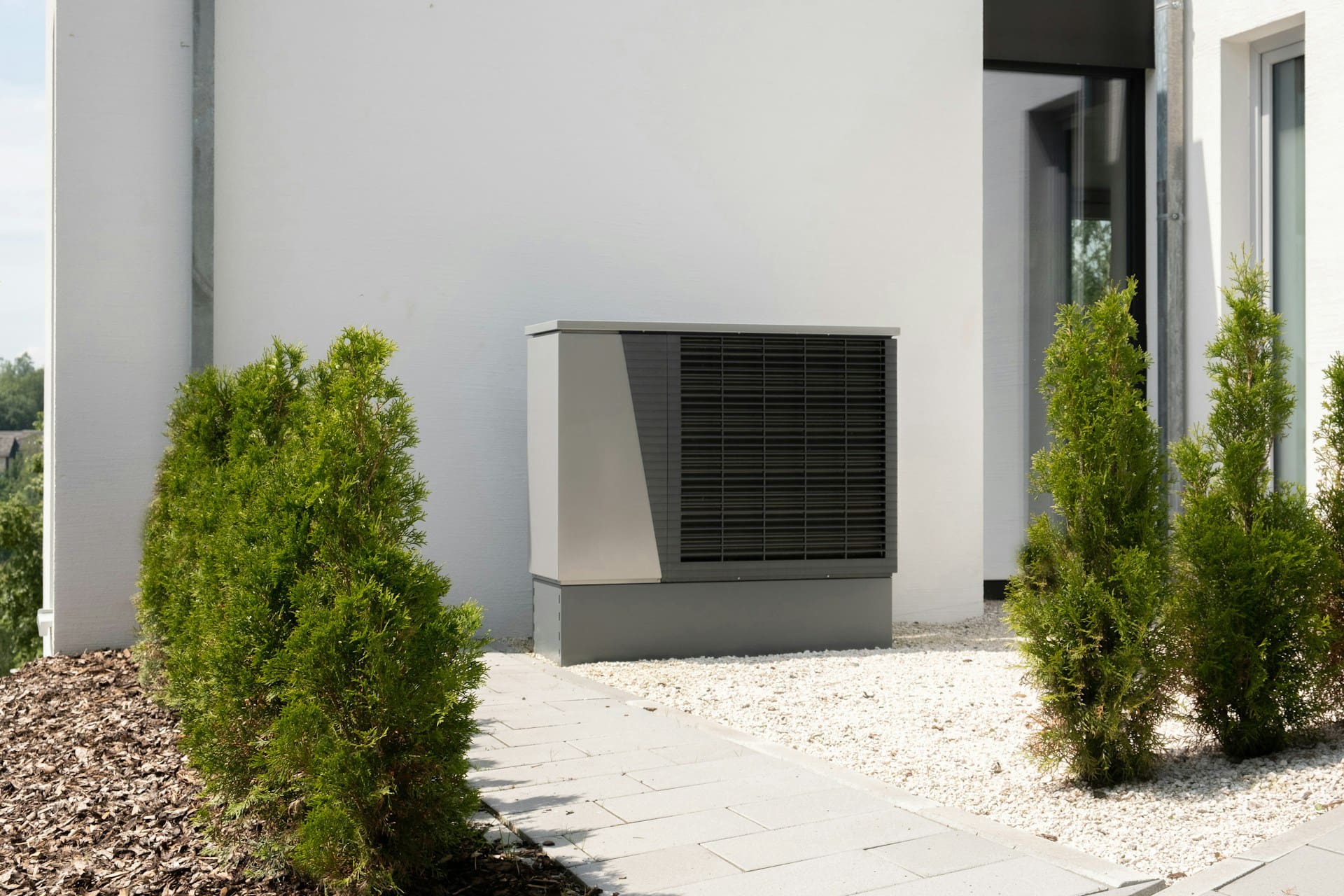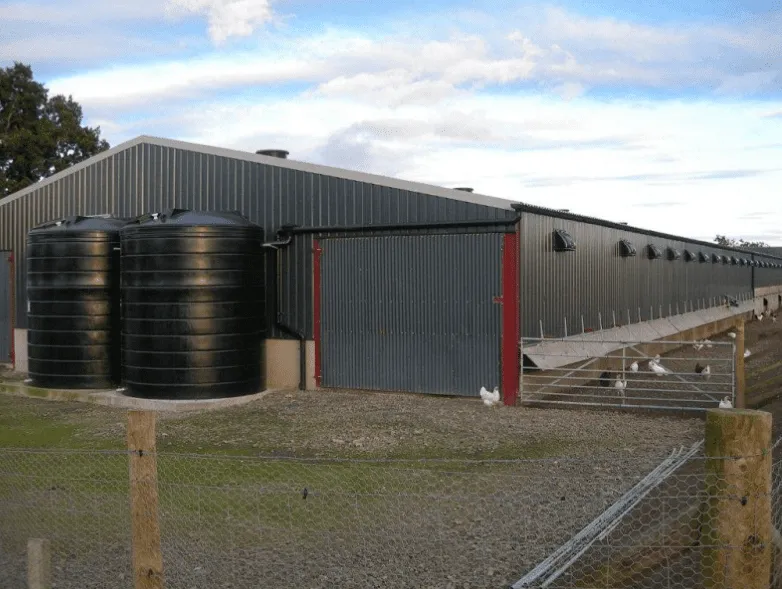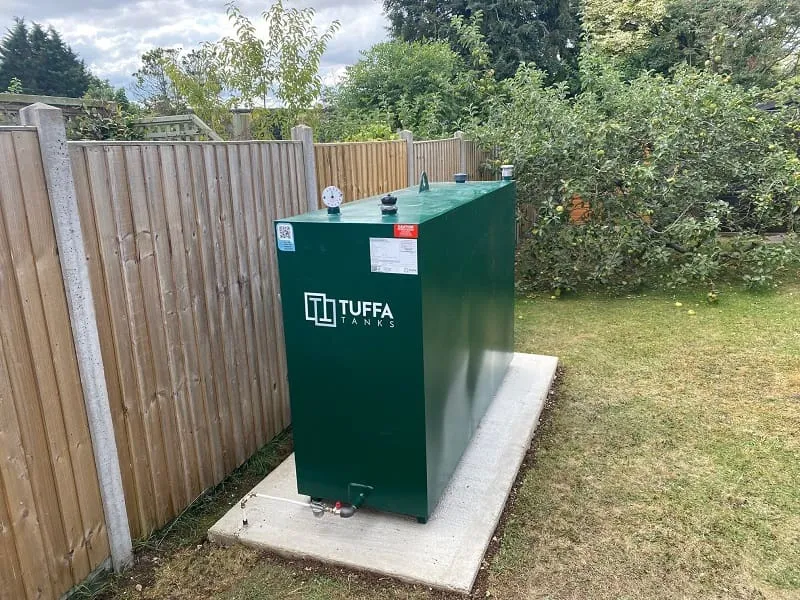With AdBlue becoming an increasingly important additive for the reduction of diesel engine emissions, amid European legislation that forces the fitting of selective catalytic construction engines to some heavy duty commercial vehicles, there has been a corresponding requirement for the most appropriate means of storage. A dedicated AdBlue tank can provide the storage conditions to maximise the additive’s lifespan, maintain the right temperature and prevent leakage or overfilling. It should also incorporate specialised equipment, designed specifically for use with the AdBlue aqueous solution.
These are priorities that should be foremost in the minds of those searching for a suitable AdBlue tank, although they are also likely to appreciate a supplier with more general strengths, such as a long track record of innovative design and manufacture of liquid storage tanks, including water tanks, chemical tanks and diesel tanks in plastic and steel. The customer is also likely to be thankful for a professional, personable and responsive service from a company that is well-located logistically and that has provided storage tank solutions for national and international clients. Such clients could range from oil companies, factories and shops to local government, charitable organisations and farms and agriculture.
But those with an immediate requirement for an AdBlue tank should also be able to source their desired capacity, whether as small as 1,350 litres or as large as 15,000 litres. For those in need of still greater capacities, the interlinking of tanks should be feasible. Although there should be a wide choice of AdBlue tanks on offer, including both horizontal and vertical models, there also ought to be certain constants – such as all of the tanks being fully lockable, refuelling equipment being easily accessible from ground level and a fully bunded construction ensuring integral protection against overfilling and leaking.
An effective AdBlue tank will save the customer money by preserving the solution in perfect conditions, extending its shelf life from the typical 6-12 months to as long as 18 months. Furthermore, while customers in markets like the UK will have little reason to worry about the extremes of temperature that can compromise the quality and usability of AdBlue, a good tank supplier will be able to incorporate climate control if required. A further reason not to allow AdBlue to plummet to its freezing point of -11 degrees C is the damage to a tank’s internal components that can result.
Likely to be included in the specifications of industry-leading AdBlue tanks are vents, lockable cabinets, higher accuracy contents gauges, bund and overfill alarms, digital flowmeters and nozzle holsters. A good AdBlue tank is also likely to be corrosion resistant and UV stabilised, optional extras like an auto operation nozzle holster, pulsed outward flowmeter, cabinet heating, hose reel and/or Armco protection barrier only further boosting its suitability for any of an extensive range of commercial and industrial applications.






























